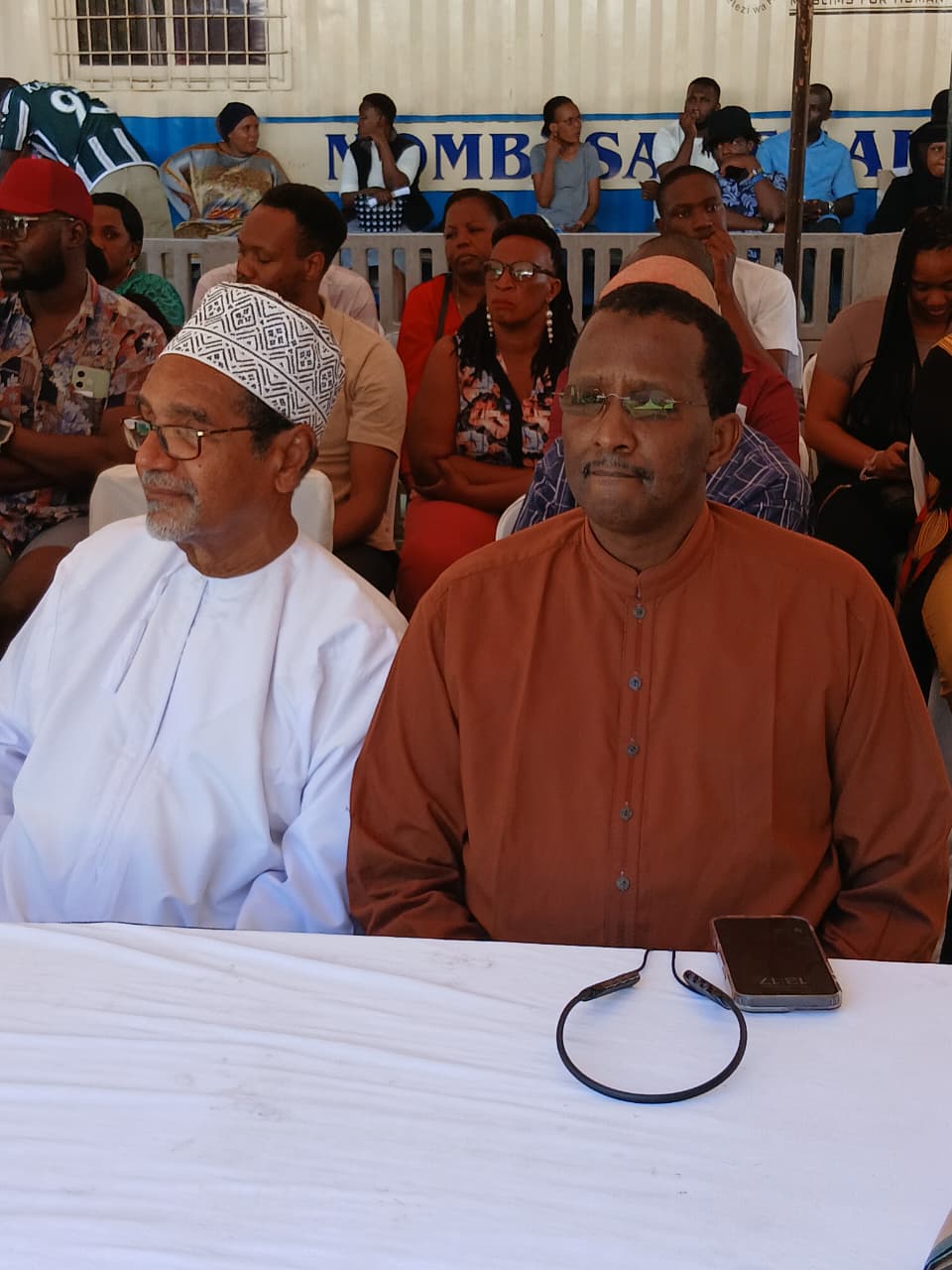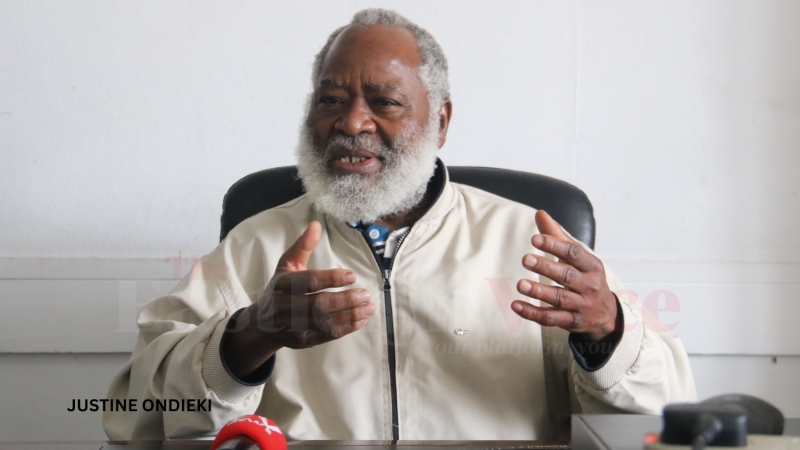Court upholds mandatory LSK membership for advocates

The appeal was filed by Eunice Nganga, who challenged the constitutionality of the requirement, claiming it violated Article 36 of the Constitution, which guarantees the freedom of association, and Article 27, which protects against discrimination.
The Court of Appeal has affirmed the mandatory membership of the Law Society of Kenya (LSK) for all practising advocates, ruling that it is a lawful and reasonable limitation of the freedom of association.
In a judgment delivered by Justices Gatembu Kairu, Pauline Nyamweya and Jessie Lesiit, the court upheld a 2019 High Court decision that validated sections 22 and 23 of the Advocates Act and section 7 of the Law Society of Kenya Act.
More To Read
- Amnesty backs Irungu Houghton's appointment to protest victims’ compensation panel
- Ruto appoints Faith Odhiambo to co-chair panel of experts on compensation of protest victims
- JSC rejects Nelson Havi’s petition to remove Justice Mabeya
- CJ Martha Koome defends Judiciary, warns against defiance of court orders
- LSK, Senior Counsel Bar reject plan to give President sole power over Senior Counsel appointments
- CJ Koome, AG Oduor take opposing views on anticipatory bail amid Ruto criticism
These sections make it compulsory for advocates to join the LSK to receive a practising certificate.
The appeal was filed by Eunice Nganga, who challenged the constitutionality of the requirement, claiming it violated Article 36 of the Constitution, which guarantees the freedom of association, and Article 27, which protects against discrimination.
She also questioned the rule requiring continuing legal education (CLE) for the renewal of a practising certificate.
Nganga had urged the court to declare the provisions unconstitutional and to direct the establishment of an independent regulatory body, separate from the LSK, that would be responsible for certifying advocates, managing complaints and disciplinary issues, and accrediting institutions offering professional development, without requiring compulsory membership.
But the Court of Appeal rejected her arguments, noting that advocates hold a special role in the justice system and must be held to clear standards.
The judges said that mandatory membership in the LSK plays a key role in ensuring accountability and maintaining the integrity of the profession.
“The compulsion to join the LSK under sections 22 and 23 of the Act is a condition for the issue of practising certificates to advocates, which is reasonable and justifiable in an open and democratic society,” the ruling stated.
The court also pointed to global practices, referencing the fact that thirty-one states in the US and the District of Columbia have similar mandatory bar associations.
It cited US Supreme Court decisions such as Lathrop v. Donohue (1961) and Keller v. State Bar of California (1990), which found compulsory membership constitutional when tied to the regulation of lawyers and the enhancement of legal services.
“The justifications for compelled association, namely the state’s interests in regulating lawyers and improving the legal system, limit the permissible extent of that compulsion,” the judges said, adding that this reasoning was valid within the Kenyan legal framework.
The court also found that Nganga did not provide evidence that the LSK was engaging in any activities beyond its legal mandate or that her constitutional rights had been violated.
“The appellant did not identify or demonstrate any activities that were being undertaken by the LSK that are outside the permissible extent of regulation of advocates, improvement of legal services or achievement of its statutory objectives,” the judgment read.
In the end, the court dismissed the appeal without awarding costs, noting that the case raised issues of public interest.
Other Topics To Read
Top Stories Today













































